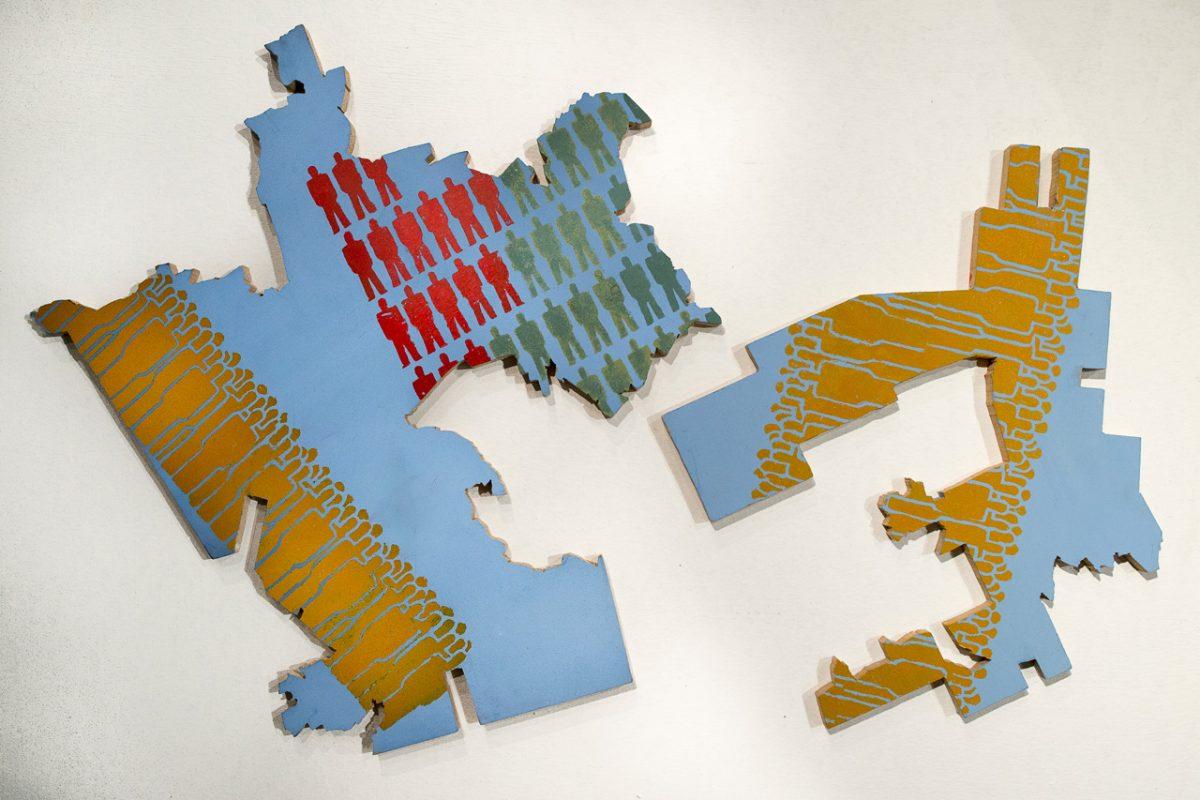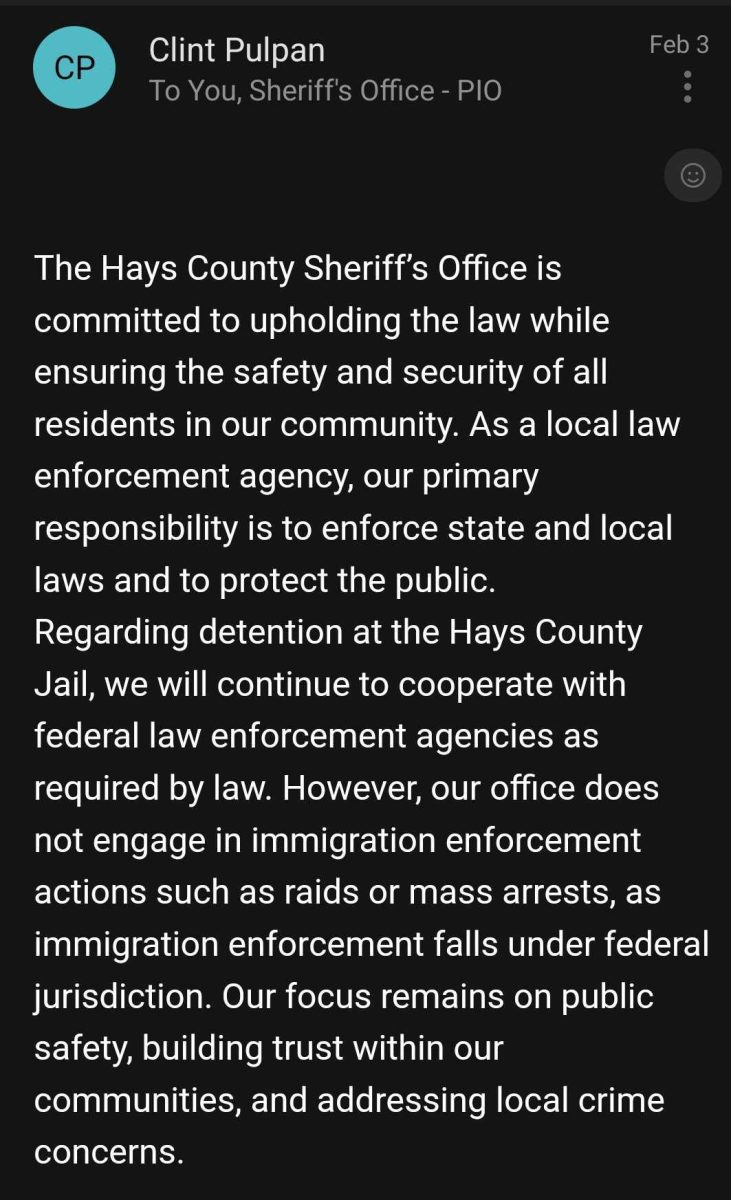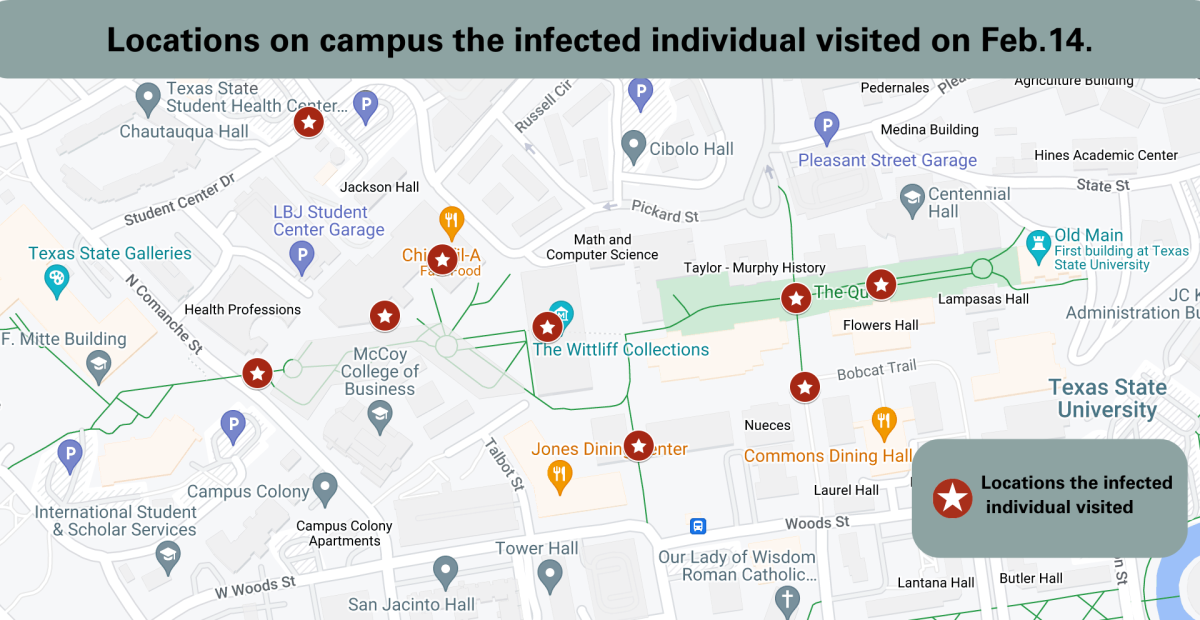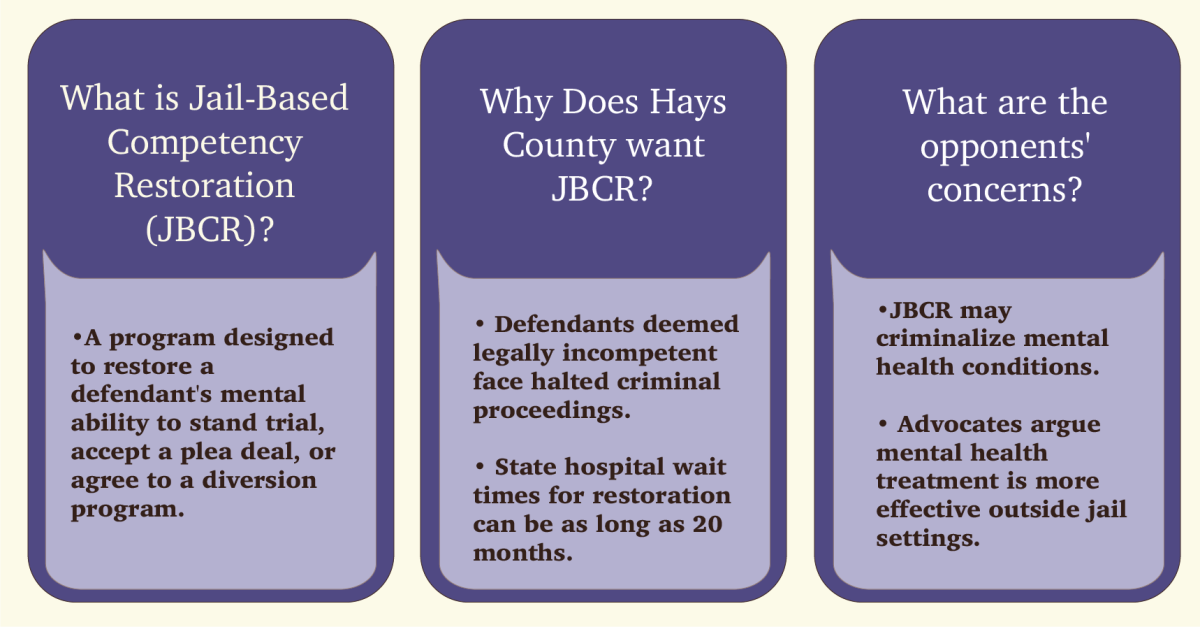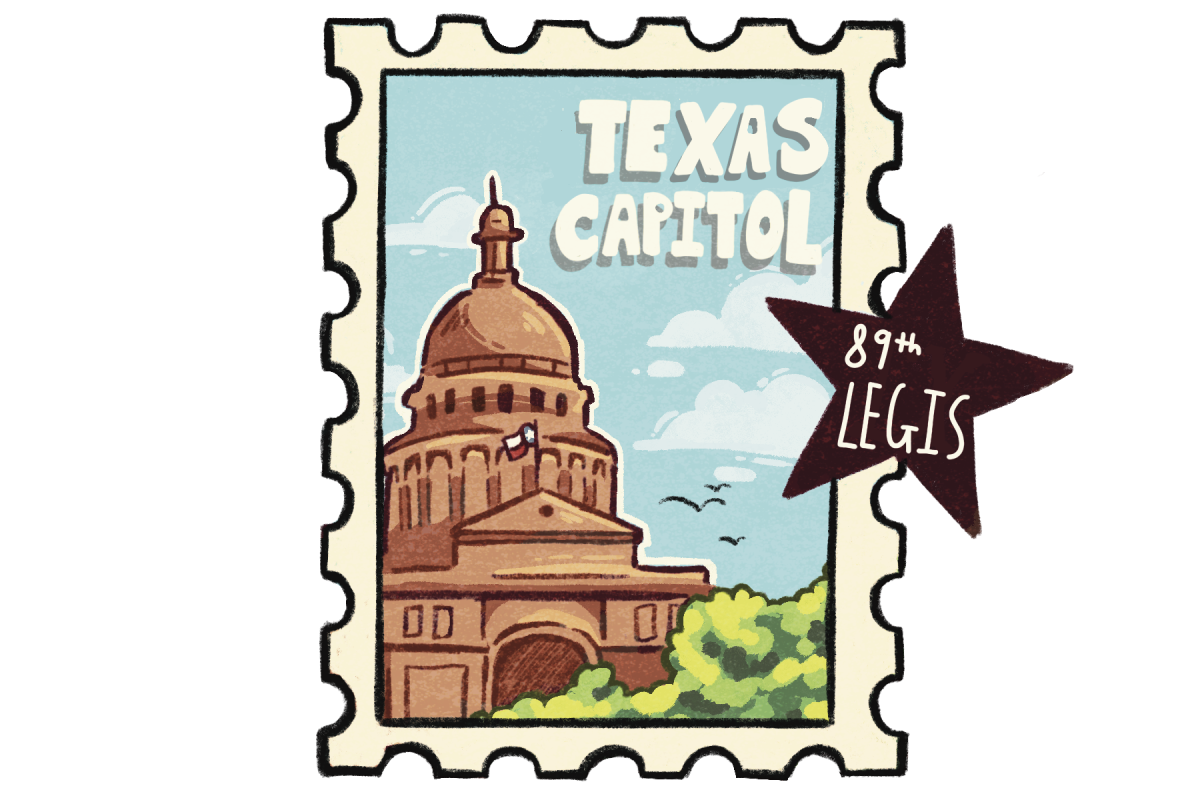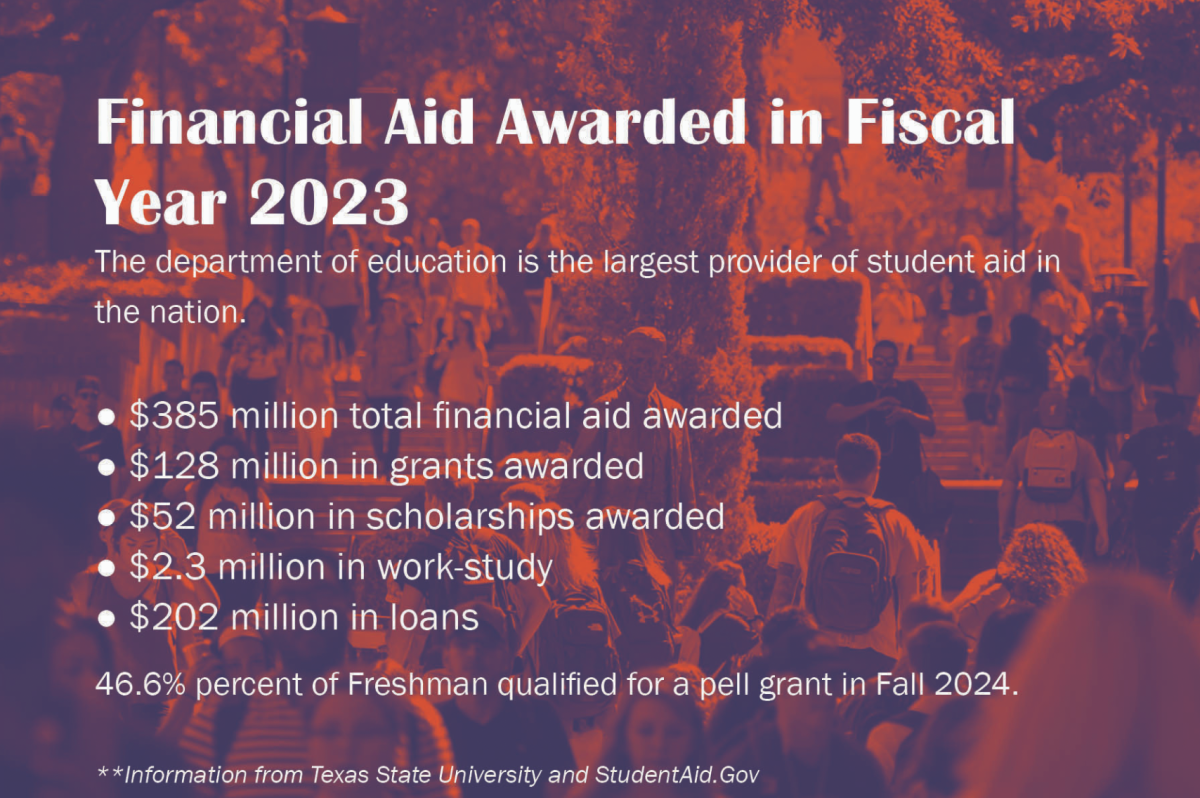U.S. District Judge Nelva Gonzales Ramos of Corpus Christi, a Texas State distinguished alumna, issued an injunction permanently barring Texas from enforcing its voter ID law, Aug. 23.
Introduced in 2011 during the 82 legislative session, authors and sponsors of Senate Bill 14 called for proof of identification prior to voting in an attempt to mitigate voter fraud.
The bill was passed in May of 2011, and by March 2012 the legislation had been struck down by the Justice Department.
Thomas E. Perez, former assistant attorney general for the Civil Rights Division, stated he must object a part of the bill in a determination letter to the election director.
“With regard to Sections 9 and 14 of SB 14, concerning photographic identification requirements for in-person voting and acceptable forms of photographic identification, I cannot conclude that the state has sustained its burden under Section 5 of the Voting Rights Act,” Perez stated.
Section 5 of SB 14 at the time was before the United States District Court for the District of Columbia in the State of Texas V. Holder, the letter was provided to the court and counsel of record for full context.
In 2014, Gonzales Ramos found that over 600,000 registered voters in Texas do not have the type of photo ID the Senate Bill 14 would have required. Gonzales Ramos did not rule out the concept of a photo voter ID, rather her 147-page ruling illustrated that the terms would be discriminating against minority groups.
The Fifth Circuit court for the District of Columbia, however, overturned the ruling because it was too close to the election date and would potentially cause more confusion at the polls.
The court agreed with Gonzales Ramos’ initial overturning of the bill because it canceled the protections guaranteed by the Voting Rights Act.
This session, Senate Bill 5 hoped to do what Senate Bill 14 could not, have Gonzales Ramos’ court decision refer back to the Texas Legislature and treat SB 5 while also purging Senate Bill 14 of its “discriminatory purpose” found in the initial ruling.
The bill passed, supported by Lt. Gov. Dan Patrick, and would have gone into effect Jan. 1, 2018 had Gonzales Ramos not halted the legislation.
Gonzales Ramos’ court granted declaratory relief and held that SB 14 violated section two of the Voting Rights Act as well as the fourteenth and fifteenth amendments of the United States Constitution.
According to Gonzales Ramos’ order, Section B, private plaintiffs sought an “injunction completely barring implementation and enforcement of SB 14, Sections 1 through 15 and Sections 17 through 22, as well as SB 5 in order to eliminate the discriminatory law ‘root and branch.’”
Opponents of the bill have even gone as far as comparing the law to a poll tax. While others, such as Texas State Senator Donna Campbell, suggest that Gonzales Ramos’ decision was steeped in partisanship.
Campbell opposed the block.
“Judge Ramos’ Wednesday ruling is nothing more than political posturing from the bench when the courtroom should be absent of such partisan bias,” Campbell stated in a press release.
Campbell and her co-sponsors’ goal for Senate Bill 5 was to allow flexibility for the circumstances of all Texans while still safeguarding integrity at the ballot box.
“It’s a shame to see some use this issue as a political football rather than uphold the rule of law, protect the bedrock of our democracy and prevent voter fraud,” Campbell said.
The voter fraud these laws would have guarded against are fraudulent acts like double voting or voter impersonation fraud, both of which have drawn criticism to the validity of the issue.
As of September 2017, 33 states are enforcing or will begin to enforce some type of voter ID law. Over the past six years, voter ID laws have become a major partisan issue.
Categories:
Judge blocks Texas’ newest voter ID law
September 20, 2017
This abstract art piece by Jennifer Moore, expanded media senior, is meant to represent the irregular shapes of Texas congressional districts.
Photo by Robert Black | Staff Photographer
0
Donate to The University Star
Your donation will support the student journalists of Texas State University. Your contribution will allow us to purchase equipment and cover our annual website hosting costs.
More to Discover



